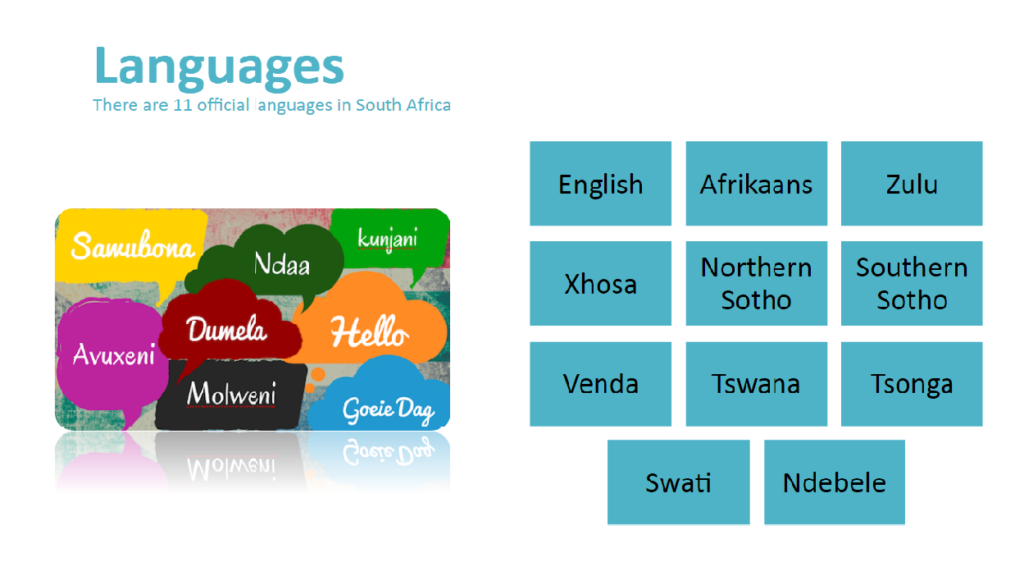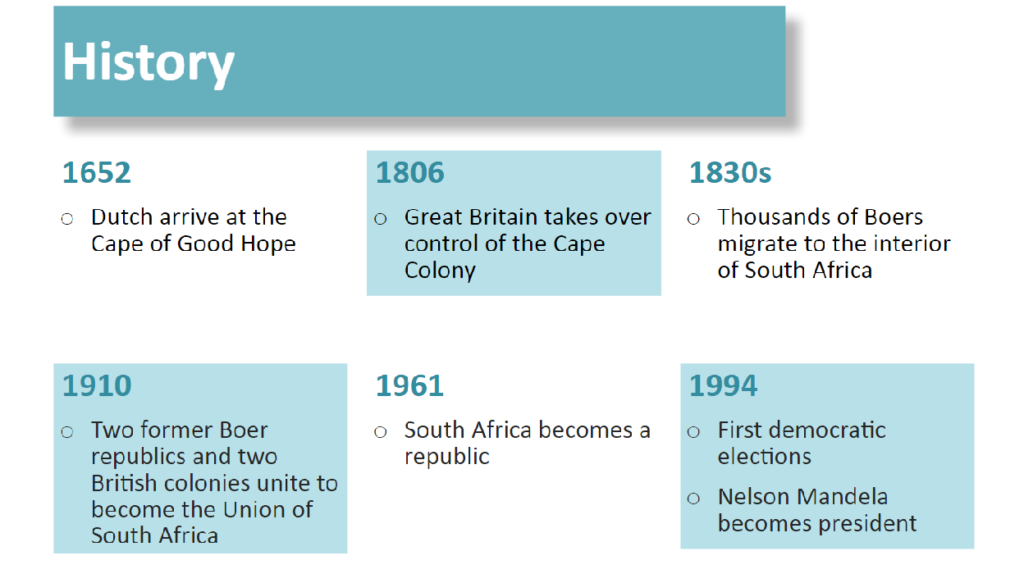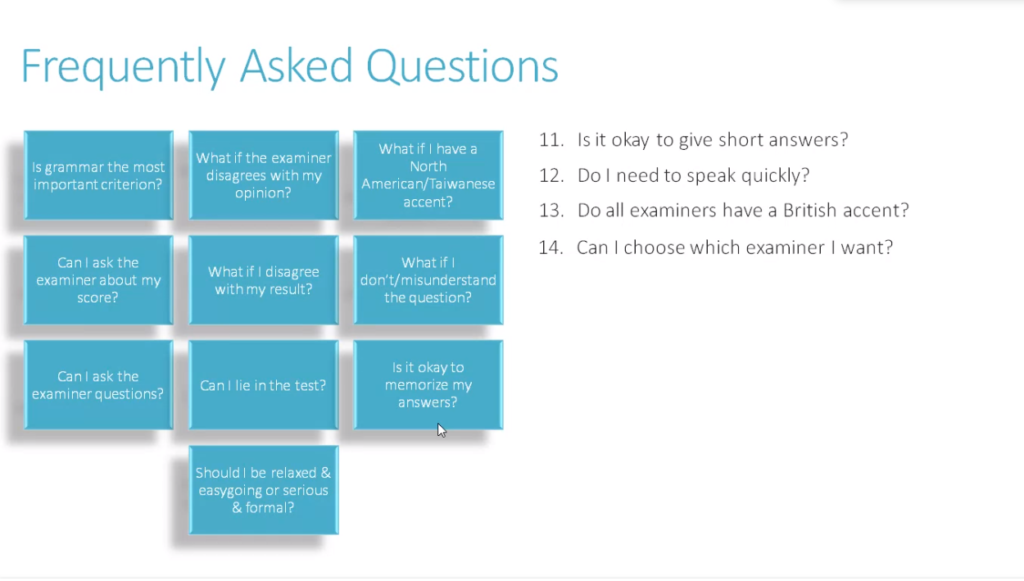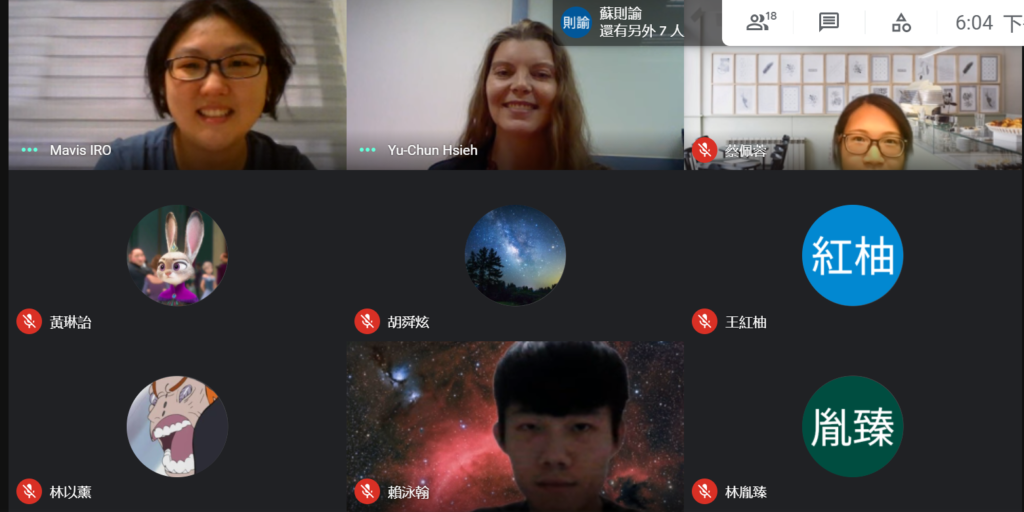
On June 2nd, International Relations under the Dean’s Office held a lecture titled “Hi, South Africa.” The industrial lecturer Natasja was invited to give the lecture, and she led the participants in “going abroad” online by introducing the customs and features of her home country, South Africa, in English. In addition, she shared all her accumulated experience of the IELTS test by analyzing and solving questions, and suggesting practical techniques and tips for the test to help the students prepare for it efficiently.

At the beginning of the lecture, Natasja gave a presentation on South Africa, her country of origin. The “Rainbow Nation” is an alternative name for South Africa due to its diversity of ethnicity. Moreover, although South Africans communicate mainly in English, there are up to 11 unofficial languages. Natasja introduced the well-known animals, sports, cuisine, historical background, and stunning scenery in South Africa. In the southern part of the country, there are French-styled rural landscapes and a boundless blue ocean coast; in the eastern part, there are fascinating views of the rainforest and floral sea. Finally, she provided a thorough guide to her home country using the video “TOP 10 things to do in South Africa”.

In the second part of the lecture, Natasja shared her experience of the knowledge and techniques used in the IELTS test. First, she briefly unpacked the basic information about the test, explaining its four main parts and their corresponding duration and question format. She then discussed the first part of the exam, the Speaking Test. Natasja stated that if a student wants a high score in the Speaking Test, they have to cultivate logical, systematic thoughts and a certain level of insight for the questions. If they master the concept of “listening carefully and answering the questions with emphasis” and practice their grammar, language fluency, and other aspects, they will achieve good grades in the Speaking Test within a short period. To help the students achieve better results with lower effort when preparing for the Speaking Test, Natasja also introduced and demonstrated some online pages and YouTube channels for IELTS practices.

At the end of the lecture, Natasja concluded by discussing some techniques for the IELTS Speaking Test, such as using a clear voice and moderate speed when speaking; she emphasized that “speaking clearly is more important than speaking fast.” She also recommended some tool books for the test and answered some FAQs, such as whether one’s accent affects the grading, whether the student can ask questions of the examiner, what accent the examiner has, and how one should arrange their time during the test. Finally, the application of paraphrasing was introduced. Natasja reminded the students not to panic if they forgot vocabulary during the speaking test; using alternative words to describe things would elevate their performance. Finally, she encouraged participants to practice languages more often, stay engaged during the pandemic, and explore the world with passion.

Contributor HUANG LIN-YI, Department of Chinese Literature /
Edited by College of Management